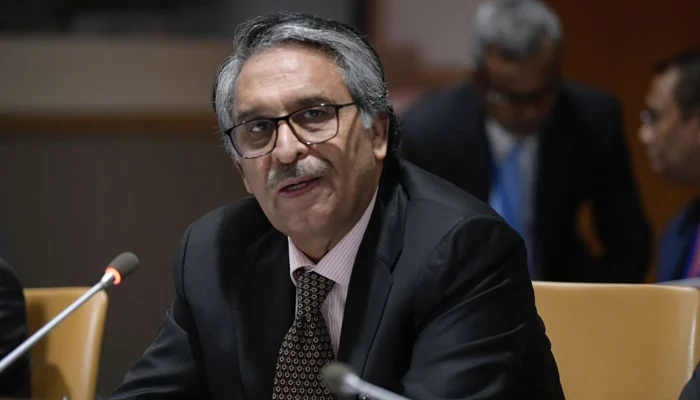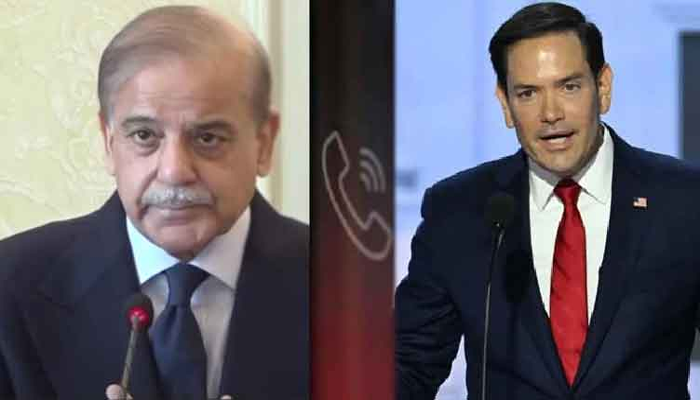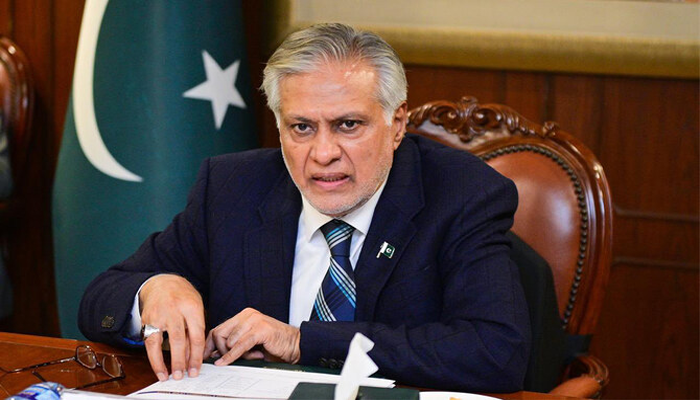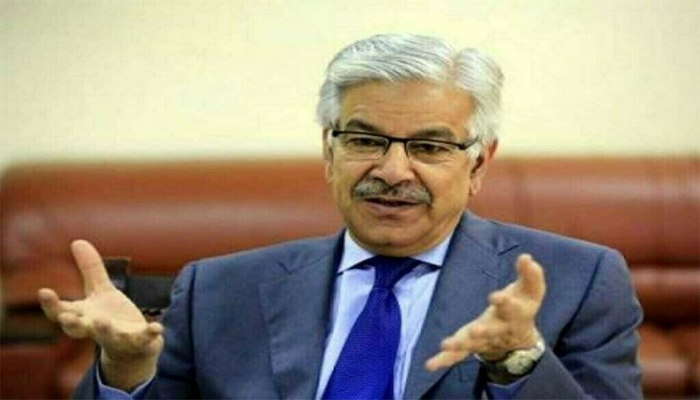Caretaker Foreign Minister Jalil Abbas Jilani has asserted that Pakistan's decision on establishing relations with Israel will be based on a careful consideration of both Pakistan's national interests and the interests of the Palestinian people.
This statement was made in response to Israeli Foreign Minister Eli Cohen's remarks regarding the normalization of Israel's relations with Muslim-majority nations.
Cohen had suggested that several Islamic nations, potentially including Saudi Arabia, might normalize ties with Israel, following the example of the Abraham Accords, which already involved the United Arab Emirates, Bahrain, Morocco, and Sudan. He claimed to have met with leaders from other Muslim countries that had not yet recognized Israel.
However, Foreign Minister Jalil clarified that Cohen had not recently met with any Pakistani officials. It's worth noting that the last public meeting between Pakistani and Israeli foreign ministers occurred in 2005 during the tenure of former President General Pervez Musharraf, with no such high-level meetings reported in the media since.
A senior Pakistani diplomat, speaking anonymously, expressed hope that Pakistan would not need to make a decision on this matter in the near future. Israeli Prime Minister Benjamin Netanyahu's recent address at the United Nations General Assembly, where he mentioned the prospect of peace with Saudi Arabia, further ignited discussions about which Muslim countries might establish relations with Israel. Netanyahu also presented maps depicting the West Bank, Gaza, and Golan Heights as part of Israel.
Cohen's claim of six or seven Muslim countries potentially recognizing Israel did not specify their names due to the situation in Libya. It's worth noting that Cohen's previous disclosure of a meeting with Libya's then-former foreign minister, Najla Mangoush, had caused diplomatic issues, leading to her dismissal and protests in North Africa.
Overall, Pakistan remains cautious about its stance on establishing relations with Israel, considering both its national interests and the Palestinian cause.









